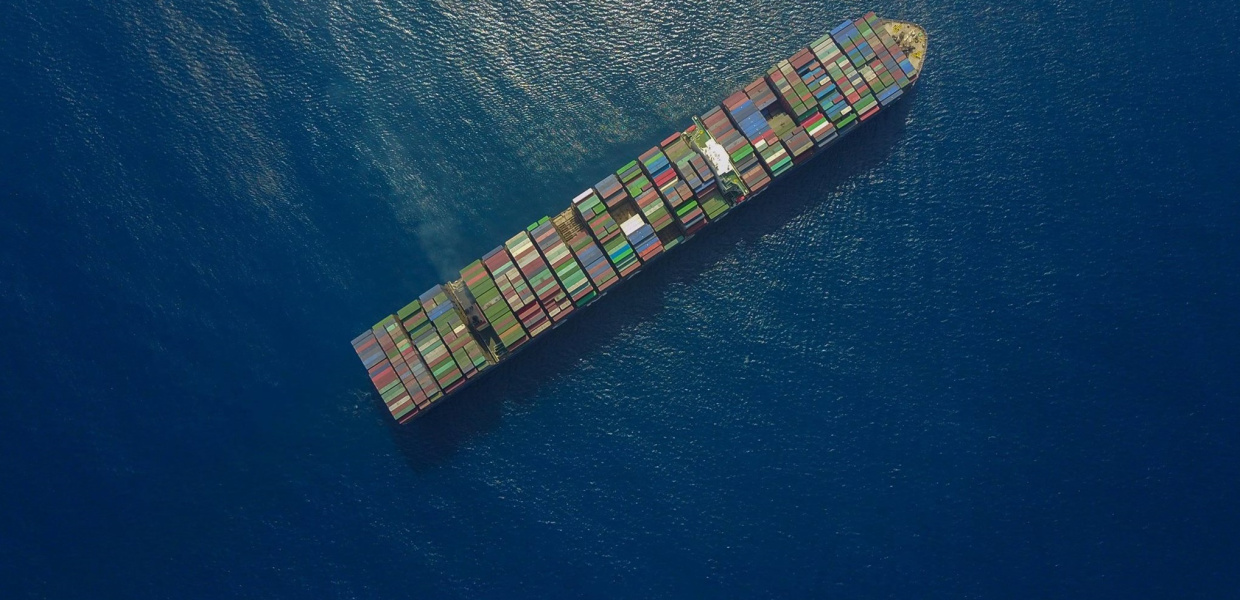The starting point for calculating globalization-related welfare gains is an index that is closely aligned with the KOF Index of Globalization drawn up by the Swiss Federal Institute of Technology (ETH) in Zurich. The index measures the degree of global interconnectedness using indicators on the economic, political and social aspects of globalization. According to the index, Ireland and the Netherlands are the most globalized countries, whereas India and China occupy places at the bottom of the ranking. The reasons for this include the fact that their opening up to the world economy started later compared to many industrialized countries. In addition, there are still many market entry and trade barriers and the respective internal market plays an important role.
"The report shows: globalization can clearly create welfare gains. Protectionism is not the right way forward. However, globalization must be shaped in such a way so the focus is on the people. This is the only way we can live up to our promise of success," according to Aart De Geus, Chairman and CEO of the Bertelsmann Stiftung.
Switzerland profits most from globalization, India comes in last
During the period under study, real GDP per capita grew by an average of around one trillion euros per year as a result of increasing globalization over all 42 countries surveyed. This corresponds roughly to the economic output of a medium-sized economy such as Mexico or South Korea. In all countries surveyed, real GDP per capita growth is positive. However, the amount differs significantly from country to country.
The Swiss benefit the most: in Switzerland, the GDP per capita resulting from increasing globalization grew on average by 1,910 euros per year between 1990 and 2016. In India, the last ranked with respect to globalization-related welfare gains, this figure rose by an average of only 20 euros per year. China (80 euros per year) also recorded below-average gains.
The main reason for these low growth rates in the emerging countries is the low starting level of GDP per capita at the starting point of the measurement. Emerging countries such as China and India only were at the very beginning of a dramatic growth curve in 1990 and thus performed worse overall in terms of absolute gains than industrialized countries, which were already more globally interconnected at that time.
Better distribution of globalization gains is needed
From the Bertelsmann Stiftung's perspective, one of the biggest construction sites of globalization is the unequal distribution of globalization gains between industrialized and emerging countries, but also within states. Since the industrialized countries have had a higher economic performance per capita for a long time, the absolute globalization gains are also significantly higher and difficult for the emerging countries to catch up. Cora Jungbluth, economic expert at the Bertelsmann Stiftung, sees a revival of the WTO trade rounds as a possible solution: "We must promote an international economic order that does not promote the right of the strongest, but sets common binding rules and standards," says Jungbluth, "Only in this way can globalization profits be distributed as widely as possible." According to the Bertelsmann Stiftung, this includes market openings in emerging countries as well as the reduction of sub-sidies in industrialized countries.
In the industrialized countries Bertelsmann Stiftung experts also see the need to ensure that the obvious and tangible benefits of globalization are distributed in such a way that all citizens participate. "We can see from the data that globalization is bringing us significant welfare gains," says Jungbluth. This is why awareness must be strengthened in the industrialized countries that integration with the global economy, as long as it is based on internationally recognized rules and standards, brings material benefits.
Background information
The Globalization Report analyzes the welfare gains of increasing globalization on the basis of real gross domestic product per capita for the period 1990 to 2016. Based on the so-called "globalization index", which closely follows the KOF globalization index of the Swiss Federal Institute of Technology ETH Zurich, the report measures the development of globalization in 42 industrialized and emerging countries. In addition to indicators on economic globalization, the index also includes aspects of social globalization (tourism, migration) and political globalization (institutional integration, external relations, etc.). The data can be used to calculate an index value for each country and each year ranging from 0 to 100. The higher the index value, the greater the interdependence of this country with other countries. If the value of the globalization index increases by one point, the growth rate of real GDP per capita increases by around 0.3 percentage points.
